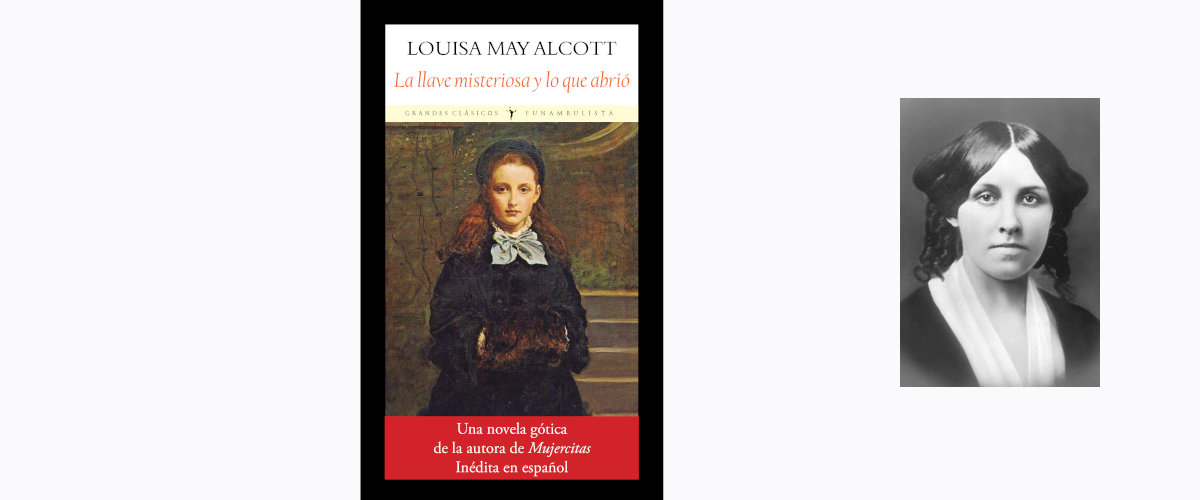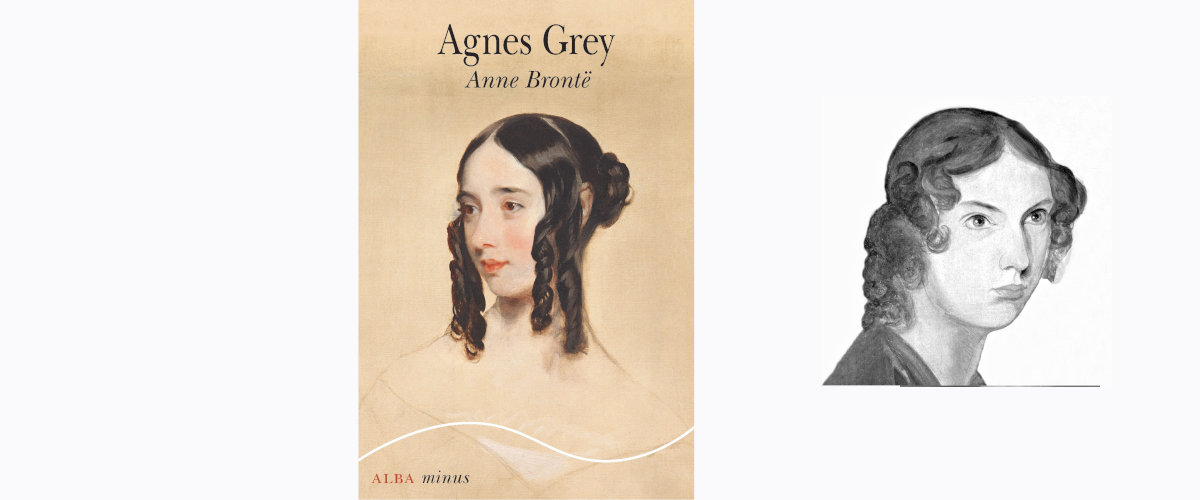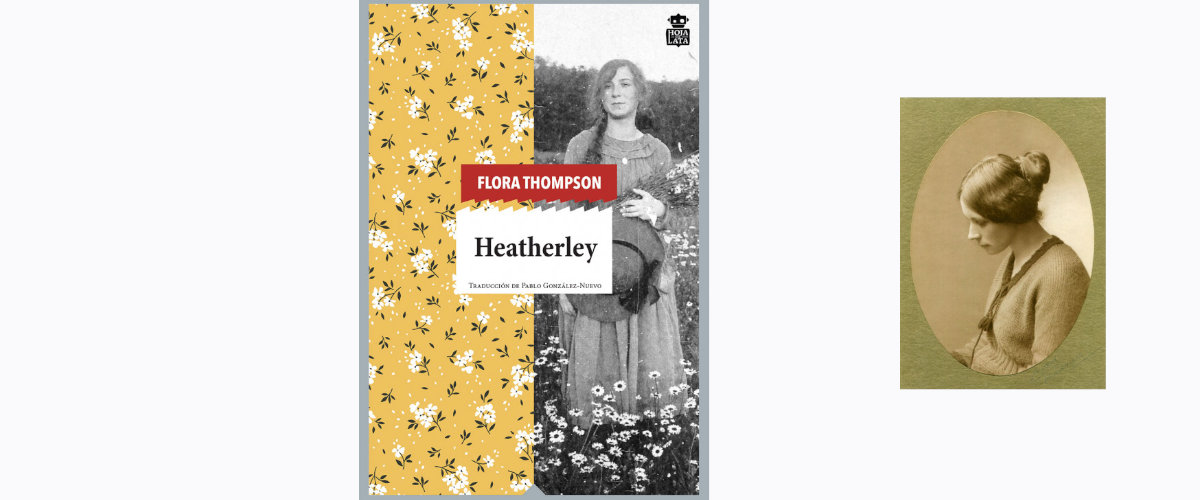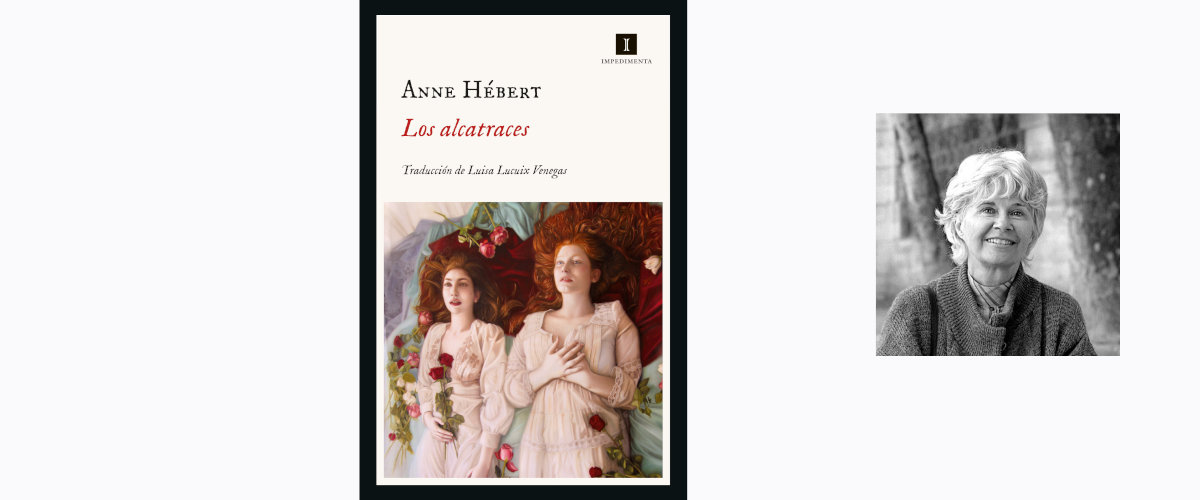
This month we travel through these four literary novelties to another era. We do it through XNUMXth and XNUMXth century authors like Louisa May Alcott, Anne Brontë or Flora Thompson, and Anne Hébert and her female protagonists. Ready to enjoy your stories?
The mysterious key and what it opened
Author: Louisa May Alcott
Translated by: Micaela Vázquez Lachaga
Publisher: Funambulista
Love seems to reign in the mansion of the nobles Richard and Alice Trevlyn, located in the bucolic English countryside; However, the untimely visit of a stranger and a few words exchanged between him and her husband, which Alice hears in secret, are the beginning of an inexplicable tragedy that will forever alter the tranquility of the Trevlyn family. What dire news has the visitor brought with him? Why does Alice fall into a state of physical and mental weakness that cannot even alleviate the presence of her baby Lillian? How will the appearance, a few years later, of Paul, a young man who enters the service of Lady Trevlyn and her adolescent daughter, have in all this? And what will open the mysterious key that gives the title to this delightful short novel?
Full of suspense to the last page, The mysterious key and what it opened is, as stated in the introduction by Micaela Vázquez Lachaga, translator of the work, a “combination of ingredients that will undoubtedly appeal to any reader who enjoys nineteenth-century mystery and romance stories, as well as anyone who appreciates the literary work of Louisa May Alcott and wants to know her more gothic and intriguing side ”.
Agnes Gray
Author: Anne Brontë
Translated by: Menchu Gutiérrez
Publisher: Alba
How wonderful it would be to become a governess! Go out into the world ... earn my own livelihood ... Teach the young to mature! " This is the dream of the daughter of a modest vicar, an ideal of economic and personal independence, and dedication to a noble task such as education. Once fulfilled, however, the characters in this dream reveal themselves more like nightmare monsters: brutal children, scheming and coarse young girls, grotesque fathers, mean and indulgent mothers ... and in the midst of all this the young dreamer, treated little less than like a maid.
Agnes Gray (1847), Anne Brontë's first novel, is a barren revelation based on autobiographical experiences of the precarious status, material and moral, of a Victorian governess; and constitutes at the same time an intimate, almost secret story of love and humiliation, in which the "most severe self" and the "most vulnerable self" have a dramatic battle under what the heroine herself defines as the "dark tint of the lower world, my own world ”.
heatherley
Author: Flora Thompson
Translated by: Pablo González-Nuevo
Publisher: Tin Sheet
“On a warm September afternoon in the late nineteenth century, a girl was crossing the Hampshire border on her way to Heatherley. She wore a brown woolen dress and a beaver fur cap trimmed with two small ostrich feathers. The latest in country clothing. »
That girl is Flora Thompson, Laura in fiction, and the town she is going to, Grayshott, where Flora settled in 1898 as post office manager. The sinister Hertford, her employers, await her there; such distinguished clients as Arthur Conan Doyle or Georges Bernard Shaw, regular users of the local telegraph; or Madame Lillywhite's flirtatious boutique ("millinery, tailoring, and book lending"), where Laura can occasionally afford to acquire new readings.
In the era of the humble bicycle, the first Kodak photographs and the scandalous suffragettes, Heatherley is a new chapter in the life of the serene and independent Laura, a little country mouse - as her modern friends call her fin de siècle - whose natural habitat was always the forests and wild nature that we met for the first time in its wonderful Candleford Trilogy.
The gannets
Author: Anne Hébert
Translated by: Luisa Lucuix Venegas
Publisher: Impedimenta
Los alcatraces translates the cruel and incestuous world of a small English-speaking community, crushed by a French-speaking Catholic wave. Femina Prize 1982, this novel is the reunion with a fatal disaster marked by crime and barbarism. An invitation to Hébert's complex and poetic universe.
On August 31, 1936, two teenagers, Olivia and Nora Atkins, they disappear in Griffin Creek, a Canadian town where darkness seems to be constant. Envied for their beauty, their trail is lost on a wild beach. The image of the girls blends with the maritime landscape, and the wind sows an adverse climate, perfect for elucubration, in which the traces of the forbidden and the sinister beat. It is soon ruled out that his absence is the result of chance: misfortune has been brooding over for a long time. Through the voices of the characters, as well as some letters, we witness an unstoppable process in which the catastrophe radically upsets the community, frozen in tradition and in an exacerbated religious cult. And it is that the destiny of the small Quebec town seems to be irretrievably subject to the designs of God.
Which of these literary novelties do you most want to read? Does it happen to you like me that you want them all? Remember that every month in Bezzia We share with you some literary news and that last month we dedicated it to works that deal with loneliness. If you are interested in the topic, check them out!


